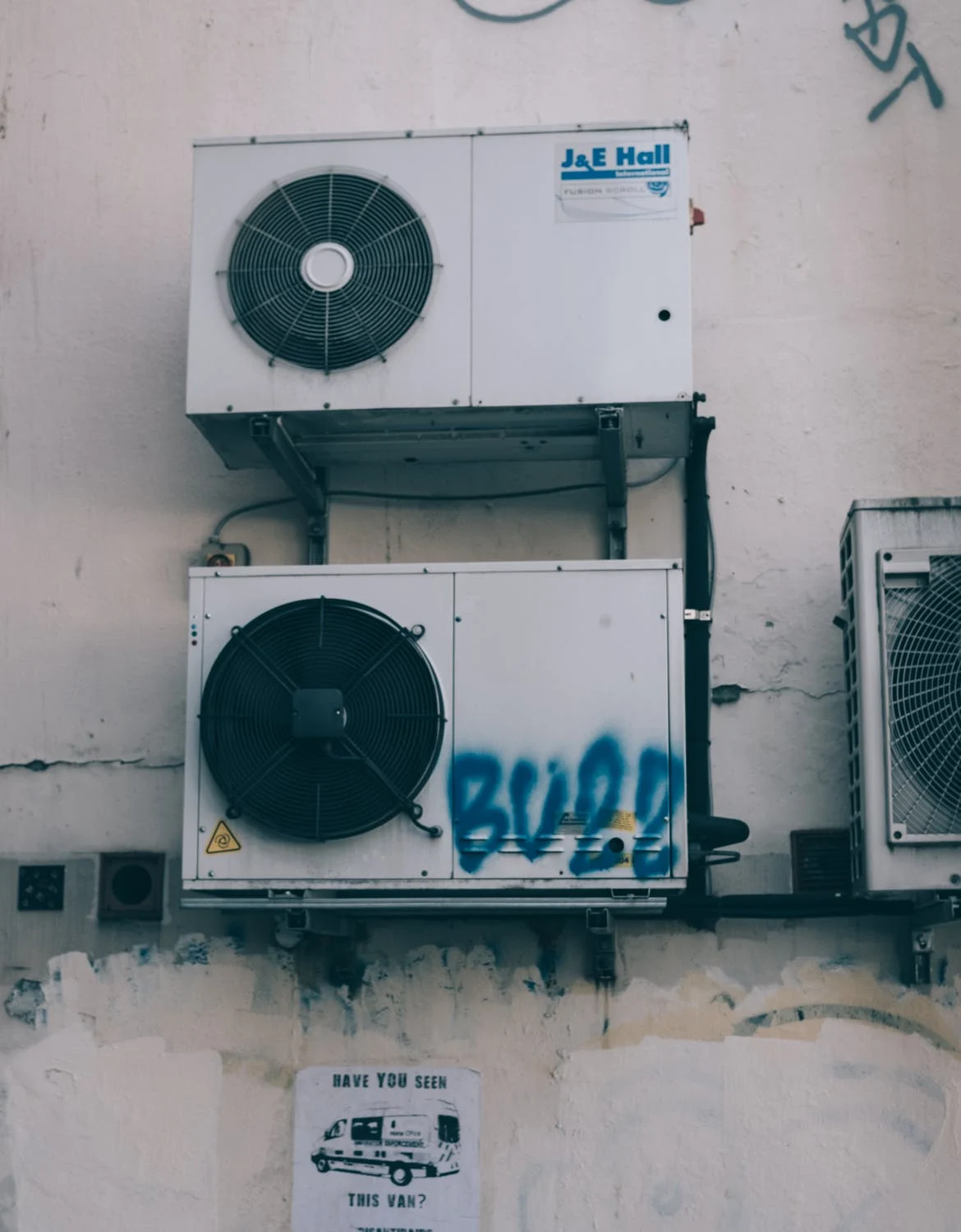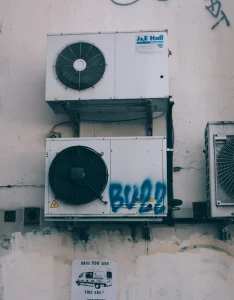What You Need to Know About Air Conditioner Units

Air conditioners work by pumping air through heat-dissipating metal plates to cool a building. As
the heat passes through the cooling plates, it is slowly pumped outside. A dehumidifier will
remove excess moisture. Some units also have a heating element to warm up the air in the room
on cold days. Air conditioners can be very simple or very complicated, but all work the same.
Continue reading to learn more about air conditioner units.
Residential air conditioning units are rated in tons. The exact tonnage required varies but it is
usually one ton of cooling per 400-1000 square feet. The higher the tonnage rating, the higher
the cost of operating the air conditioner. EnergyStar certified units will lower your utility bills. You
can also find a unit that suits your comfort needs and fits within your budget. However, be sure
to check the specs of your chosen unit.
Although air conditioner units can lower the temperature, they still consume large amounts of
energy. Not only do they use energy, but they can also impact the planet. Air conditioning can
account to as much as 12 per cent of the total energy bill in the US. This high demand can
cause equipment damage and even blackouts. In 2006, 175,000 Queens Borough residents
were without power for more than a week because of equipment failure.

A through-the-wall air conditioning unit is a self-contained cooling appliance that spans the
interior of a wall and the exterior wall. These units are usually larger and provide strong heating
and cooling. These units are more expensive than regular through-the wall air conditioners and
will require hardwiring. They are also portable, making them easy to move around from room to
room. Wall air conditioners are capable of cooling a 500-square feet room.
Many air conditioner units can also be used to control humidity levels. This improves the comfort
of your home. You can also keep your air fresh by filtering out dust and other allergens. You can
also find these units with timers and other functions that allow you to adjust the settings. If you
have a humidifier, you can set it to operate at a lower speed to remove more humidity. The
warranty period can be anywhere from one to two years.
A common BTU range for an air conditioner is between 6,000 to 12,000. This is an ideal size for
a common-sized living room. The best air conditioners should be the right size to provide the
most efficient cooling and energy consumption. This is crucial when shopping for an air
conditioner unit. Make sure you take your time when choosing the right unit. Make sure your air
conditioner unit is high-efficiency with a warranty to maximize its performance.
Installing the brackets for your air conditioner is a must before you can install it. These must be
attached securely to the wall and are installed according to the manufacturer’s instructions.
Some brackets feature top and bottom mounting rails. Others have accordion-style sides panels.
It is important that you don’t damage the window by using an AC unit. Before installing an air
conditioner in a rented area, be sure to check the manufacturer’s warranty.
A wall cooling unit might be a better option if you have a tilted walls. These units are generally
more efficient than duct-based models, so the upfront costs can be offset by the savings on
utility bills. A wall-mounted air conditioner is the most energy-efficient option, but the downside is
that it can be less discreet. If it isn’t sealed properly, it can become drafty.
Another option for air conditioning is a ductless mini-split. Duct-styled ductwork is a waste of
energy and makes it harder for the air conditioners to reach every area. Although mini-split units
can cool multiple rooms in a home, they may not be the best choice for small spaces. These
units can be used temporarily to cool the house. These units will need to have a window and a
plug-in power outlet.
Window-mounted air conditioning units are another option. These small units are designed to fit
into a small hole in the wall or window and blow cool, clean air into a room. You may find a
remote control or filters that can be removed for cleaning. They can be noisy during operation,
and they can block your view out the window. However, you should be aware of the fact that
they require a close electrical outlet. It will be easier for you to clean and maintain a window-
mounted air conditioner than a central unit.
Air conditioners work by pumping air through heat-dissipating metal plates to cool a building. As the heat passes through the cooling plates, it is slowly pumped outside. A dehumidifier will remove excess moisture. Some units also have a heating element to warm up the air in the room on cold days. Air conditioners can be…

